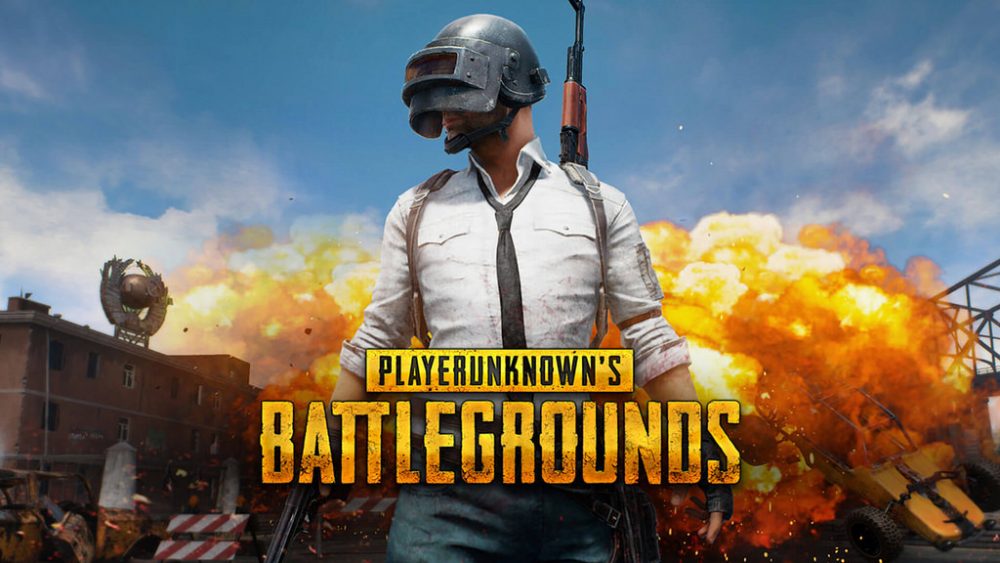Bengaluru: A 15-year-old X standard often missed his school, stayed awake until 2- 3 am in the morning was not because he stayed up to prepare for his Board’s but was too addicted to this game which had become his way of life now.
Those who have no clue of what this new game, here are some details of its popularity. This popular game PUBG or the PlayerUnknown’s Battlegrounds, is reported to be among the top three according to the Website’s SuperData which collects the information on revenues of gaming platforms. This game was launched in December but soon made its place into the top three charts within just seven months of its launch, HT reported.
The X standard was too addicted to this famous game that it was taking a complete toll on his studies. Worrying for their kid’s future, the parents in order to help their kid took him to the SHUT (Service for Healthy Use of Technology) Clinic which is located at the National Institute of Mental Health and Neurosciences (NIMHANS)- a medical faculty that helps people deal with technology-based addictions.
And when Manoj Kumar Sharma checked the teenager he knew it was the gaming disorder that has affected him.
With the advent of high-tech gadgets and smartphones, the World Health Organization (WHO) recognised gaming as a ‘disorder’ in June.
The teenager showed all the symptoms of this disorder which is putting everything behind this game despite the negative consequences it could bring.
But the parents saw no positive change in their kid though they visited Sharma.
“In the two sessions I had with the patient, it was clear that he was unwilling to recognize that he had a problem. As a result, it was difficult for us to proceed,” Sharma said.
Apart from gaming, the addiction to social media apps like Facebook, Instagram is also being recognized as highly addictive, prompting the social apps to introduce a new dashboard that will show users the time they spend on the apps.
According to data received from the Telecom Regulatory Authority of India (TRAI), as many as 1.18 billion have subscribed for wireless across the country, as of March 2018 and nearly 493 million people have subscribed for internet or broadband in the country.
SHUT clinic has seen a steady increase in a number of patients showing signs of this new-age tech related addiction to the internet, social media, gaming and even pornography.
“When we began, we got maybe one patient every week. But now, we get at least six or seven patients a week,” Sharma says.
Explaining how powerful these addictions could have effects on the patient he says, citing a case of the patient who switched from Cannabis addiction to pornography.
“We are yet to ascertain if the same principles of pleasure apply to that case as well. But what was interesting in that case was the patient had completely overcome his addiction to cannabis, only that it was replaced by pornography,” he said.
Citing this teenager’s example he says, he only has 4 or hardly five friends in the real world that is outside the virtual world.
“He has only about four or five friends outside of his digital world, where he has at least 1,000 friends,” said Manoj Sharma.
But addiction to technology is not restricted to smartphones or gaming or all other internet related issues but researchers at NIMHANS found that television addiction existed, too.
What was worth noting was that this addiction was inducing increased levels of stress among all age groups. “Adolescents reported stress because they felt constantly pressured to post messages on social media,” he said.
“We coined the term ‘online infidelity’ to describe an emergent phenomenon, where individuals satisfy themselves using online platforms rather than through physical intimacy with their partners,” said Manoj Sharma.
A recent conducted study by researchers from the Bocconi University in Italy and University of Pittsburgh in the US has found that broadband internet usage leads to a 25-minute decrease in sleep to its users, which has caused loss of 209,000 working days in Germany alone.
Sharma says not just addiction to pornography but online shopping was also becoming a big addiction that could affect efficiency.
Praveen Kumar Chintapanti,a consultant psychiatrist at the Tranquil Minds counselling centre in Hyderabad, says that few companies had approached him worrying over their employees addiction to pornography despite repeating warnings given by the company.
“And it isn’t just pornography. Many people constantly check their devices either for news, including for information on celebrities, which we call information voyeurism, or browse shopping sites at the workplace,” Praveen Kumar Chintapanti said.

